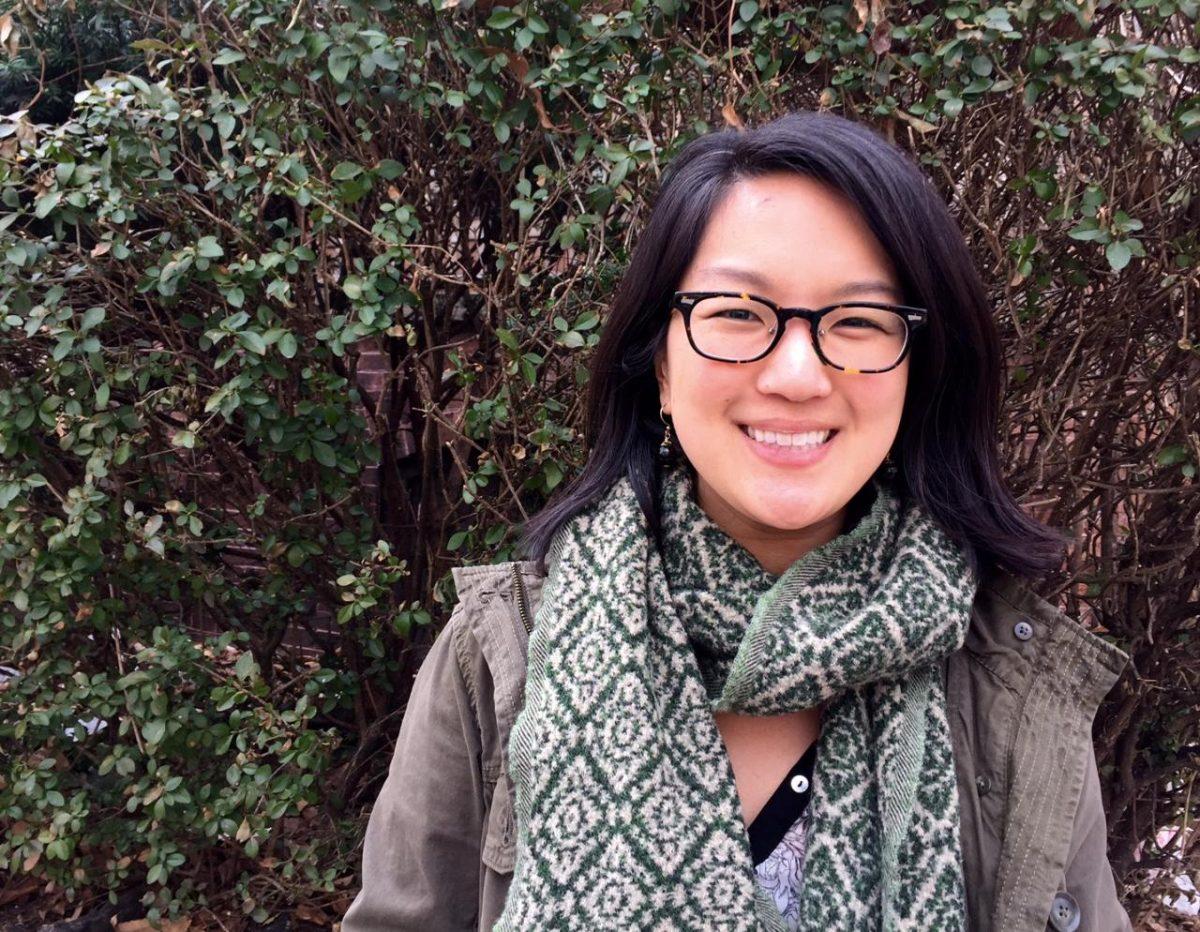While nationalism has driven anti-colonial movements for independence, the rise in nationalist ideologies has become problematic in creating polarization and ethnic division. This is something Mathematics Professor Ismar Volić knows all too well on a personal and scholarly level.
Volić’s research mathematical methods for evaluating the effectiveness of different mechanisms of democracy bring a much-needed quantitative perspective for understanding the rise of nationalism. He is also the director of the Institute for Mathematics and Democracy, and teaches Mathematics and Politics (MATH/PEAC 123).
On a personal level, “A lot of what I do in this space of math and democracy is informed by my experience of an immigrant from Bosnia who came to the U.S. because of the war that broke out there in the early 1990s.”
Volić attributes electoral mechanisms for this, because these systems, from the constitution down to how local elections are carried out, support ethno-religious entities and encourage voters to choose their representatives according to these divisive identifications, not according to what is best for them.
He listed mechanisms of democracy such as the way we vote, apportion legislative seats, as processes that influence certain outcomes, including nationalism and related ideologies. It can elevate fringe candidates with the support of a minority of the voters.
“What we see in the U.S. (and Western Europe) is nationalism as democratic pluralism taken to its extreme, leading to intolerance and exclusionary politics. Our democratic systems have become instruments for this nationalism.”
Some examples include how plurality voting encourages polarization, decreases participation by third parties and minority candidates, and supports negative rhetoric and campaigning. Primaries are decided by a handful of voters who often represent the base of an extremist candidate. Single-winner districts have through plurality voting and gerrymandering become for the most part uncompetitive and all that is required to get reelected is to appeal to the base.
According to Volić, there are mathematical ways to show that certain electoral methods are better than others in the sense that they increase representation and elevate more centrist candidates – ranked choice voting, multi-member districts, and open primaries among them. This community conversation series was a direct way his researched solutions can be applied to tackling real world problems like nationalism.
“We need better electoral engineering, namely a better design of mechanisms of democracy that would produce outcomes that are favorable to more people.”
Image credit: wellesley.edu
Contact the editor responsible for this story: Phoebe Rebhorn







